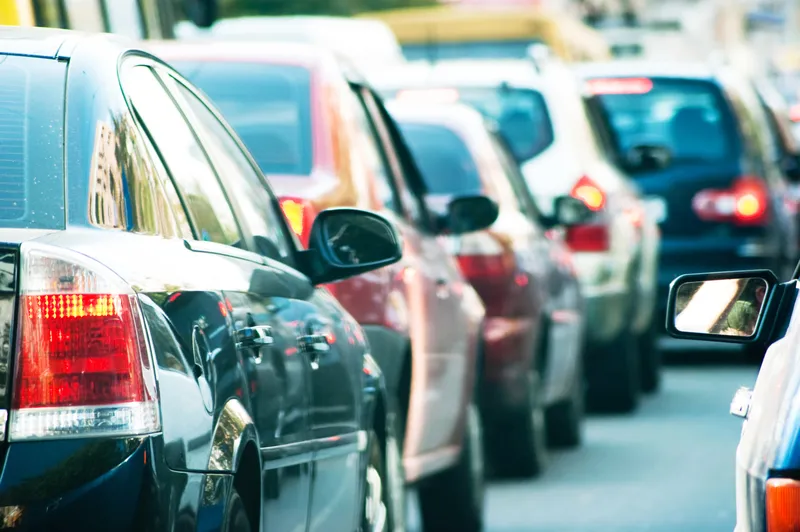
Bolt has committed to operating “climate positive” electric scooter operations by the end of 2020 as part of its sustainability pledge.
The company says climate positivity means removing more carbon from the atmosphere than is created in the production and maintenance of e-scooters.
It will realise this target by ensuring a reliable supply of its custom-built recyclable e-scooters and helping the 40 cities in which it operates shift toward greener urban transportation.
In May, the firm launched its custom-built eco-friendly e-scooter, weighing 17kg and mostly made of aerospace-grade heat-treated fully recyclable aluminium and other reusable materials.
Bolt pledges to use renewable electricity in its warehouses where possible while also utilising software that minimises the route travelled for recharging e-scooters.
Additionally, it will prioritise renting warehouses closer to city centres to reduce the distance of scooter deployment and pick-up points as well as use energy-efficient vehicles to distribute and collect its electric vehicles (EVs).
Bolt’s app combines ride-hailing and e-scooter users in the same app, providing an insight into how people make transportation choices.
From this it has learned that 70% of micromobility trips are made for commuting purposes while four out of 10 trips end near public transportation stops.
According to Bolt, this indicates e-scooters are used as a first- or last-mile option and thereby reduce congestion.
Other findings show at least 9% of Bolt's ride-hailing users are willing to choose an e-scooter for short trips.
Aside from the pledge, Bolt is working to neutralise a minimum of five million tonnes of carbon dioxide by 2025 as part of its Green Plan.
The plan also seeks to reduce emissions by bringing scooters, EVs and other environmentally-friendly transport into cities.
In a separate move, Bolt is rolling out more than 470 electric bikes in Barcelona.
Riders can access e-bikes in the Spanish city via the app and are charged €0.15 per minute.
Paul Alvarez, regional manager for Southern Europe at Bolt, says the app has information on city traffic rules and safety recommendations.
“We require our customers to park the e-bikes in designated areas, defined by the city of Barcelona,” Alvarez continues.
“Users can report any bike that is not parked according to the local rules through the Bolt app and we will solve the issue within two hours”.









